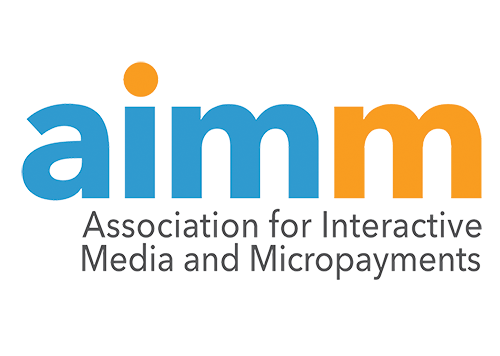By David Ashman, Director of Industry Affairs, AIME
At the same time that many European leaders are tentatively celebrating the first signs of economic recovery, a redraft to the EU Payment Services Directive sees the bureaucratic pen threatening to wipe-out 50% of the existing mobile and fixed line services market, whilst slamming the door shut on one of the sector’s growth opportunities.
The Damocles Sword of regulation may be nothing new. Since the recession began in 2008, AIMEs action has narrowly averted the closure of the Participation TV sector, following EU changes to advertising definitions; as the Telecoms regulator drags its heels AIME has fought hard for recognition that ancient spending caps have strained margins eroded by inflation; whilst AIME has fought a constant stream of battles with pot shots being taken at individual verticals in turn, the corral has been tightened on the herd, rather than the lasso on the rogue.
However, as painful as these episodes have been, they pale in significance to the impact that the current draft of the exemption for network operators inside the Payment Services Directive would have if ratified by the EU. This threat is different for three especial reasons.
Firstly, the scale. Assuming that network operators do not wish to become registered Payment Service Providers with the changes to accounting, financial reserves and billing architecture this would involve, AIME has identified 14 content verticals, across both Mobile and Fixed Line access mechanisms, which would likely be unable to continue. These include some of the bedrocks of the sector, such as charity donations, TV voting, competitions entry, virtual currency, gaming and chat.
Secondly, the pan-European application. Previously threats have been confined to nationally set regulations, or an erroneous interpretation of an EU directive by a single member state. The impact, whilst significant within that territory, has been marginal within a company’s global operation. The threat on this occasion would be hardcoded into European law, forcing its adoption, with no opportunity for dilution, into the legislative framework of 28 countries.
Finally, the window for reform is limited. Irrespective of the will of a member state’s own Parliament, European law, with very few exceptions, takes precedent over nationally set laws or standards. Member states have scope to raise, not lower, the bar set by the EU. Any subsequent amendment to the exemption would therefore require change at a European level, a complicated and indefinable slow process to pass the EU Commission, European Parliament and Council of Ministers in turn.
To avert this damaging blow, action is necessary now, or the industry across Europe will be locked into a binding framework for many years to come. AIME ‘s relationship with the UK Treasury and sector regulators has given us a good foundation, though to be successful we must now spread the word amongst their European counterparts and unite industry providers across Europe in a collective campaign to save the market. It is imperative that those companies who traditionally sit on the sidelines, now take a stand, join AIME and ensure we have the backing necessary to send a very clear message.
AIME has produced a white paper on the changes proposed to the Payment Services Directive, which is available for download from the AIME website.

